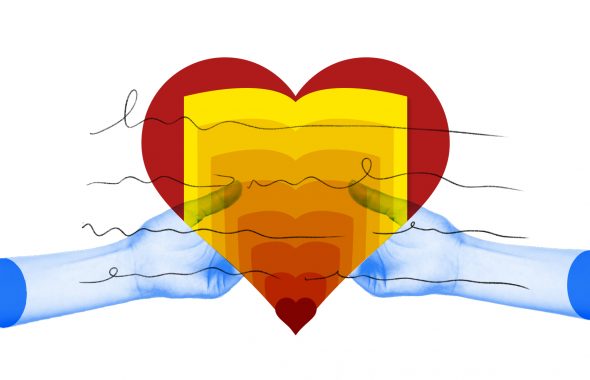Who ya gonna call?
When strange things go “bump” in the night, your first thought might be “I need to fix the water heater” not “What’s the number for the Ghostbusters, again?” But in the event you’d prefer a supernatural explanation—like, a spooky ghost is communicating with you through your water heater— we’re at the ready. Here’s our toolkit of paranormal vocabulary to sort out what’s going down in that basement. Just don’t go alone!






















